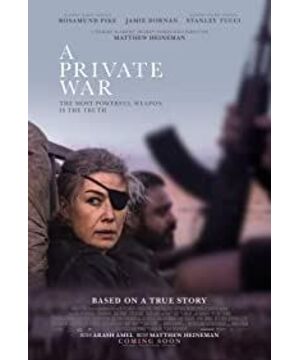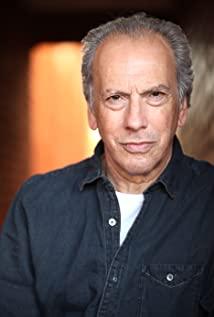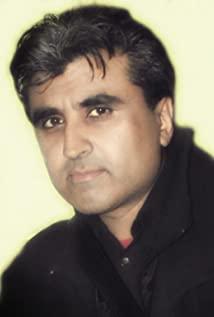Mary’s seductive confession interview in the film is completely in line with Western missionary thinking. The lofty compassion, only the Lord and the noble civilization can save people in suffering. Witnessing the scene of the war, she feels that she has suffered more than others. How should soldiers deal with themselves. The war and poverty in the Middle East are all attributed to the dictatorship, without mentioning that the behavior of Western regimes is worse than that. Enjoy a hearty breakfast in the hotel, chat and laugh with friends, but the Libyan people on the TV are marching on the street. Maybe Mary's PTSD and wine and lace underwear can be relieved, but the suffering people are not eligible to suffer from PTSD. The media stationed abroad uphold the professional and humanitarian efforts to report on the terrorist acts of the dictators in the Middle East. They want to show those hell-like scenes to the people of the world. But who sent the knife in the hands of the dictator? You played the role behind the scenes. What role. Mary lost an eye and was commended by the industry for her conscience and courage as a reporter. But the light lost by the Arab people cannot be repaid.
The name of the film: Private war even makes me feel ironic. Non-axiom and non-justice have nothing to do with the people. It is purely a war between big capital and private individuals. Mary travels through the Middle East. Her professional delicacy as a woman and her bravery and humanity as a reporter are indeed admirable, but the long-cherished wish she wanted to express in her heroic life is sad.
View more about A Private War reviews











